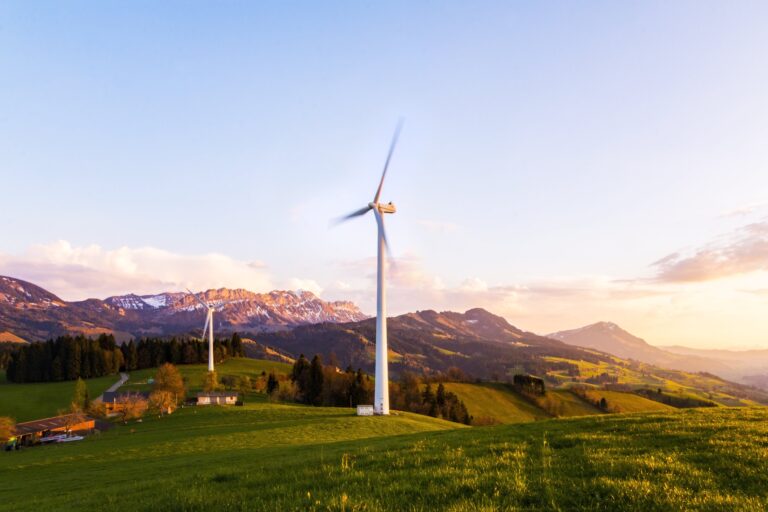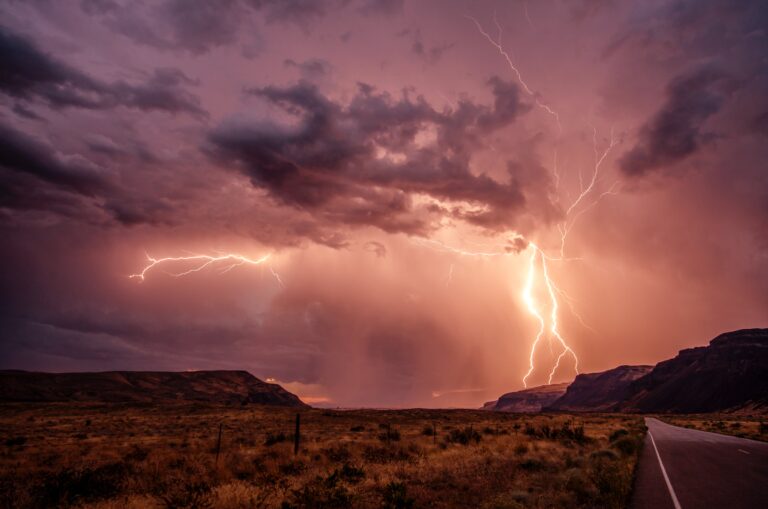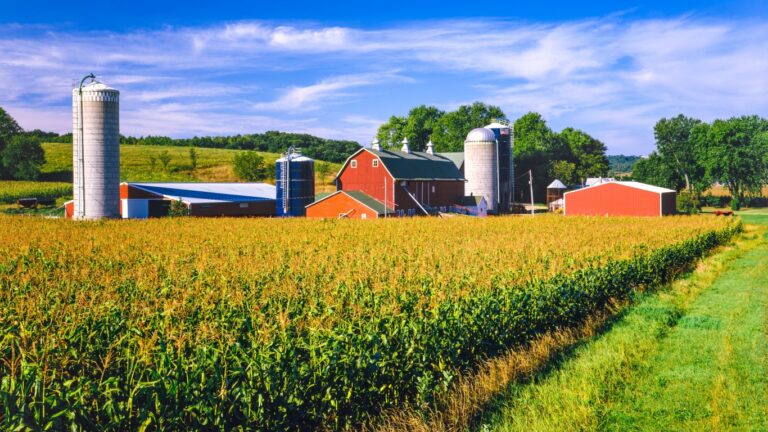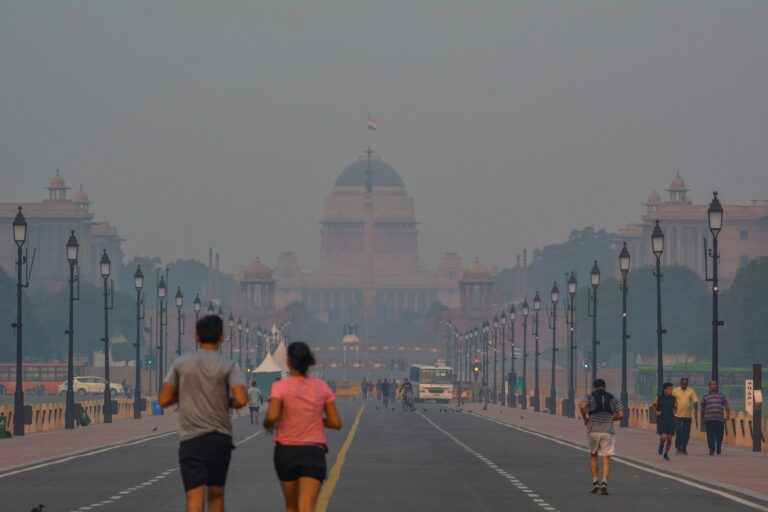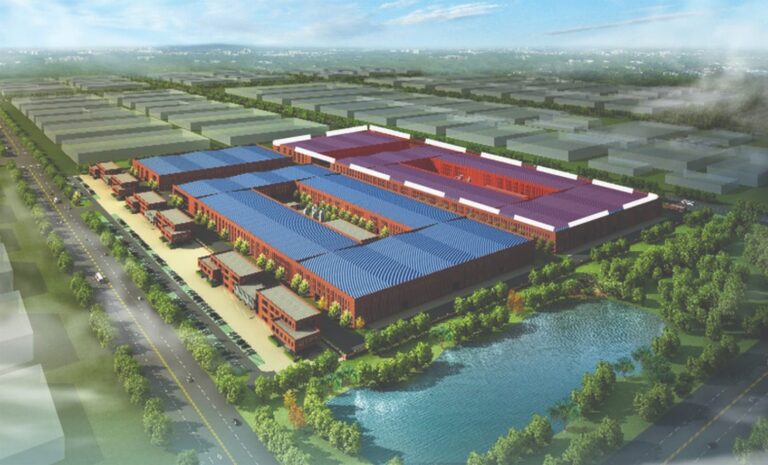Venezuela Rises As An Oil Powerhouse, So Does Pollution
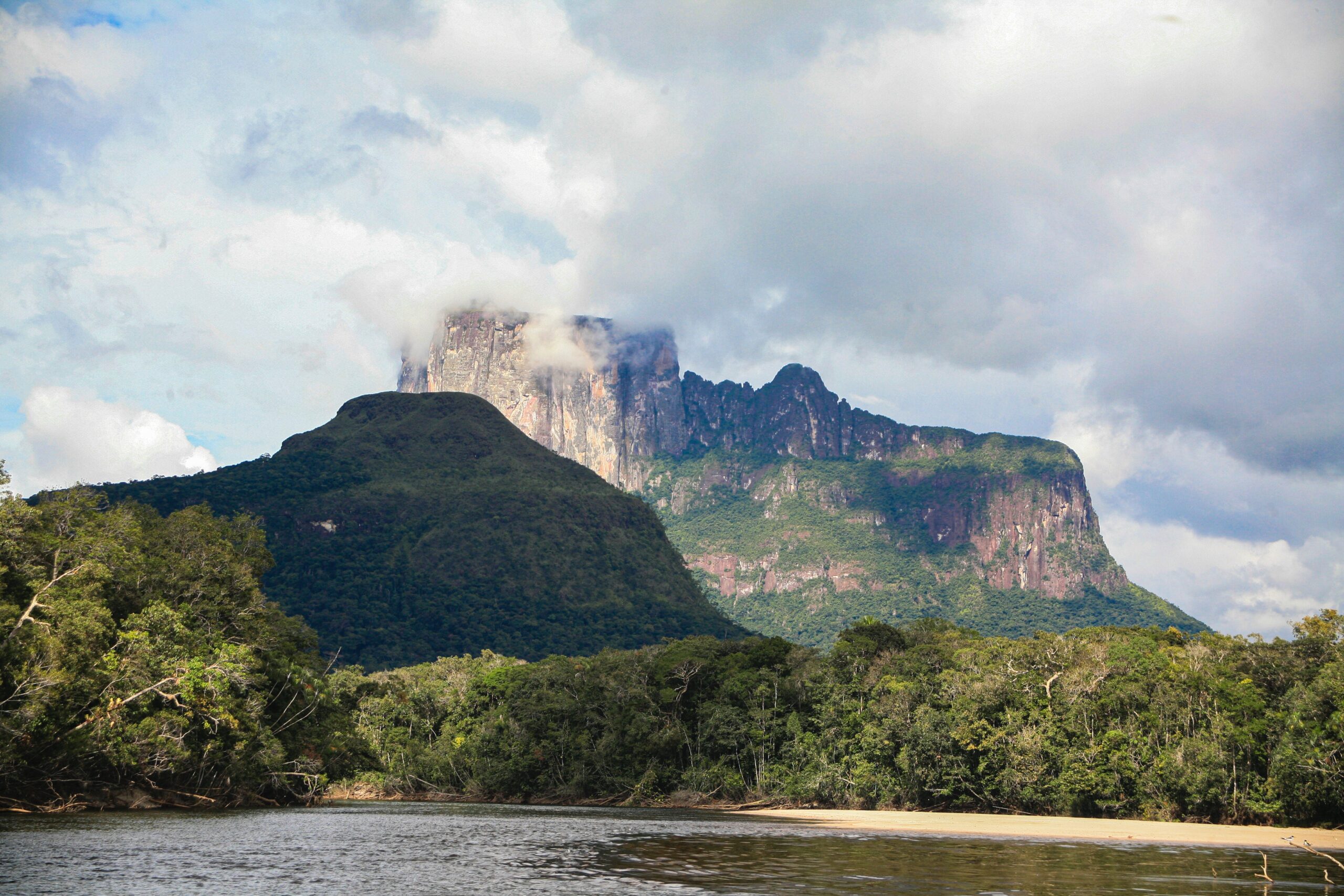
In the shadow of COP23, Venezuela has begun to increase oil production. Venezuela has the world’s largest proven oil reserves at 303 billion barrels. This puts it in front of Saudi Arabia, which has 260 billion. The US lifted restrictions on the country’s oil exports in exchange for the government’s weak promise about free elections. Some of the world’s largest oil companies flocking to Venezuela face the risk that US sanctions could return. “If they don’t take the agreed steps, we will remove the licenses we’ve awarded,” US Assistant Secretary of State for Western Hemisphere Affairs, Brian Nichols, commented recently. But, the promise of profits for Big Oil is just too tempting to resist.
Venezuela thinks oil production will increase with expertise from the major oil companies which will add money into the country’s treasury. The government desperately needs this. Inflation has been as high as 100% in some months in Venezuela. The economy barely functions as its citizens constantly try to find a way to pay for basics. GDP was $372 billion in 2012. Last year, it was $92 billion.
With new oil production activity, pollution has increased as well. As drilling increases, so do “accidents.” Spills are already causing environmental problems near wells
NPR reports that data about accidents are hard to get. Its reporters wrote, “But according to a report published in January by the independent Observatory of Political Ecology of Venezuela, there were at least 86 oil spills and natural gas leaks in Venezuela last year, up from 77 in 2021.” The reports indicate that most of these come from wells dug by state-run oil conglomerate PDVSA,
One reason for the accidents is that the drilling and transportation structure of PDVSA is old and decayed. Without major oil companies’ expertise in the last few years, the government could not keep this infrastructure working well. The new ability to produce more for export makes this problem even worse. Francisco Monaldi, who directs the Latin America Energy Program at Rice University’s Baker Institute for Public Policy in Houston, commented recently, “The facilities that are in the hands of PDVSA are in terrible, terrible shape,”
The Venezuelan oil pollution problem is a reminder of one of the rules of the oil industry. Profits come before safeguards. Damage to the environment runs a distant second to money.
More from ClimateCrisis 247
- Nvidia Works To Help AI’s Greatest Trouble
- Three Mile Island 1979 Meltdown Crippled US Nuclear For 50 Years
- World Leaders Abandon Green Plans, Climate Threats Grow
- Climate Fake News Penalties May Cost Billions

